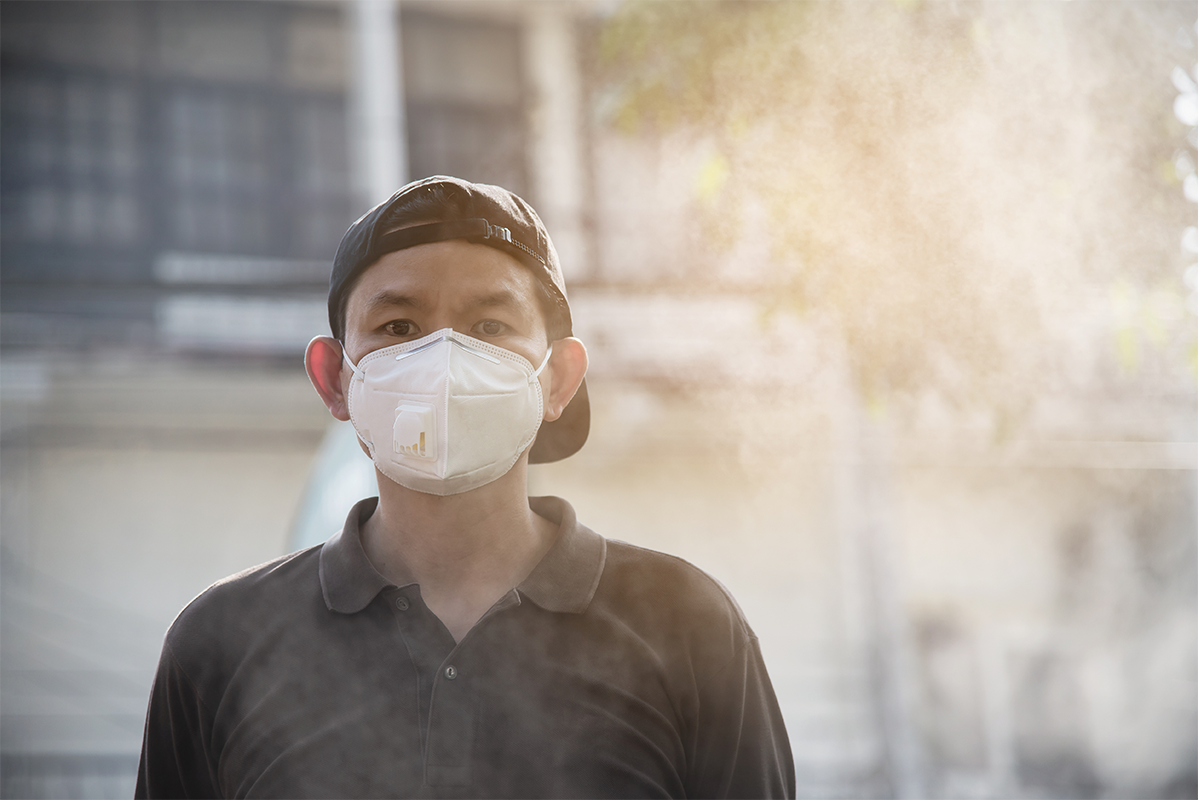 December 12, 2022
December 12, 2022
You’ve probably heard about smog before, but do you know what it is and its impact on your health? To begin with, smog is a mixture of smoke and fog. We often underestimate the dangers of smog, but the truth is that it can cause many health problems. Let's take a closer look at the dangers of smog and what you can do to protect yourself from its harmful effects.
What is smog and why is it harmful to your health?
Combining the words smoke and fog, the term “smog” is frequently used to describe the haze of industrial or automobile origin that hangs over many cities. It is a kind of air pollution created because of emissions from cars, power plants, and other industrial sources.
When it comes to smog, it is not just about how it looks; it is also about how it affects our health.
In many places, smog has become a public health concern. It harms your health and causes various medical conditions, such as lung infection, eye irritation, and even premature death.
It also reduces visibility and creates unhealthy air quality, making it difficult for people to go about daily activities.
Does smog pose a risk to my respiratory health?
The dangers of smog inhalation are numerous. It has several harmful effects on respiratory health, including worsening of asthma and other respiratory conditions,
Lung health is at risk, especially for:
Inhaling smog damages your airways, which leads to chest pain, coughing, wheezing, asthma attacks, and shortness of breath.
It worsens pre-existing illnesses, such as asthma, and makes it harder for the body to fight infections.
It can also contribute to the development of certain diseases, such as bronchitis, emphysema, and chronic obstructive pulmonary disease (COPD)
Long-term exposure to smog increases the risk of more serious health problems, including lung cancer and in the worst circumstances, premature death.
Does smog pose a risk to my heart health?
Smog can have several harmful effects on your heart health. A person's age, gender, and overall health status determine the extent of these effects, but the risk is even higher for those already living with heart disease.
Does smog pose a risk to my reproductive health?
Smog harms the reproductive health of men and women.
How can I protect myself from smog?
Smog affects your health, especially if you are exposed to it regularly. Here are some ways to protect yourself:
If you experience any symptoms related to smog exposure, don't delay consulting your doctor. Receiving the proper medical treatment and care is the only way to steer clear of any related medical complications.
To book an appointment, contact us at +91-9540 114 114.
2025 © SSB Heart and Multispecialty Hospital.